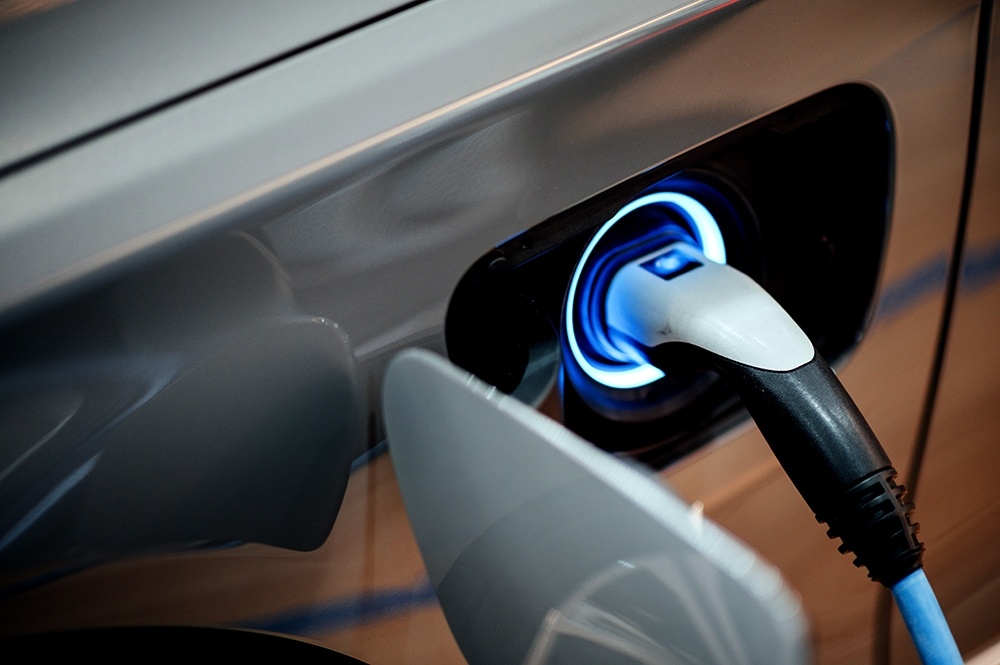26 May 2022
Could Electric Vehicle tax benefits be the solution to the fuel crisis?

As the rising cost of living pinches pockets, it is hardly surprising that everyone is looking for ways to save money. With fuel prices going through the roof, the lure of Electric Vehicles (EVs) – whether that be electric cars, mopeds, vans or e-bikes, is becoming stronger.
Despite more manufacturers creating electric models within their fleets and more affordable models in the market, most EVs continue to represent a sizeable investment that is out of reach for many. However, through the workplace, that may be about to change. Numerous schemes and policies are being implemented which could make your employment your best chance of owning an EV.
Salary sacrifice
For those considering purchasing an EV, one of the most straight forward options at your disposal is via the salary sacrifice scheme. Here, a company can buy or lease an electric car, as an example, and then the employee pays for the vehicle via deductions from their monthly pay packet.
For higher rate taxpayers, this could have positive knock-on effects that go beyond just owning an EV. By seeing their gross pay reduced through the scheme, if they are teetering on the edge of the 40% tax band, this could knock down their overall annual income into the lower rate tax band, potentially saving them hundreds.
Government grants
If salary sacrifice still isn’t enough to fulfil your dream of owning an EV, the government has also introduced a plethora of grants worth exploring. This includes grants of up to £1,500 towards costs of eligible electric cars (£2,500 for wheelchair accessible vehicles). The full list can be found here.
And if you can purchase an EV the benefits don’t stop there either:
- You may be able to claim some tax-free mileage allowances - 45p per mile for first 10,000 miles and 25p per mile thereafter.
- For 100% electric vehicles, a Vehicle Excise Duty (VED) road tax rate of £0 will apply until at least 2025.
And it’s not just employees that are set to benefit from these schemes. Beyond the satisfaction of being able to support your employees through a time of crisis, as a business owner there are other worthwhile perks to consider.
Capital allowances, super deductions and e-vehicles
To encourage electric automotive sales, the government has extended its first year of capital allowances for purchases of brand new, zero emission electric vehicles and vans. The consequences are that, as an employer, you can claim 100% of the vehicle cost (subject to profits being available), with no upper restrictions on vehicle value.
Further to this, in the March 2021 budget, a super-deduction capital allowance was introduced. This goes even further than the usual cost reduction, offering 130% first year allowance on qualifying lorries and vans. A qualifying lorry or van at the cost of £25,000 would earn a deduction of £32,500. This super deduction is available until the end of March 2023 so if you are considering this path, now may be the best time to invest.
Benefit in Kind (BIK) for electric cars
As an employer you may be tempted to support your employees via a benefit-in-kind (BIK) scheme – a non-cash benefit of monetary value which is treated as taxable income. If you did decide to gift an electric car in this way, then certain tax benefits will apply.
Vehicle tax will be calculated using a percentage of the list price and in reference to CO2 emissions. So, for BIK during 2020 / 2021 for hybrid vehicles with emissions from 1-50g/km and a pure electric range of over 130 miles, there is currently zero tax.
For zero emission cars in 2021/22, this will equate to 1% of the list price and for 2022/23 and 2023/24 vehicles, this will be 2% of the list price.
At Monahans, we are seeing an increased number of enquiries around how employers can use the EV market to benefit their workforce, especially in the current climate.
For those employers trying to balance their own rising costs with their workforces’ needs, enabling their employees to make a long-term, cost saving decision such as buying an EV, could be a great way forward. Not to mention the positive optics that investing in your team in a sustainable way will cause.
The full extent to which employers will ‘buy in’ to the idea of helping their employees through the current cost of living crisis is yet to be seen. But over time it is likely to become something sought out by employees and even expected.
Carmelo Lattuca